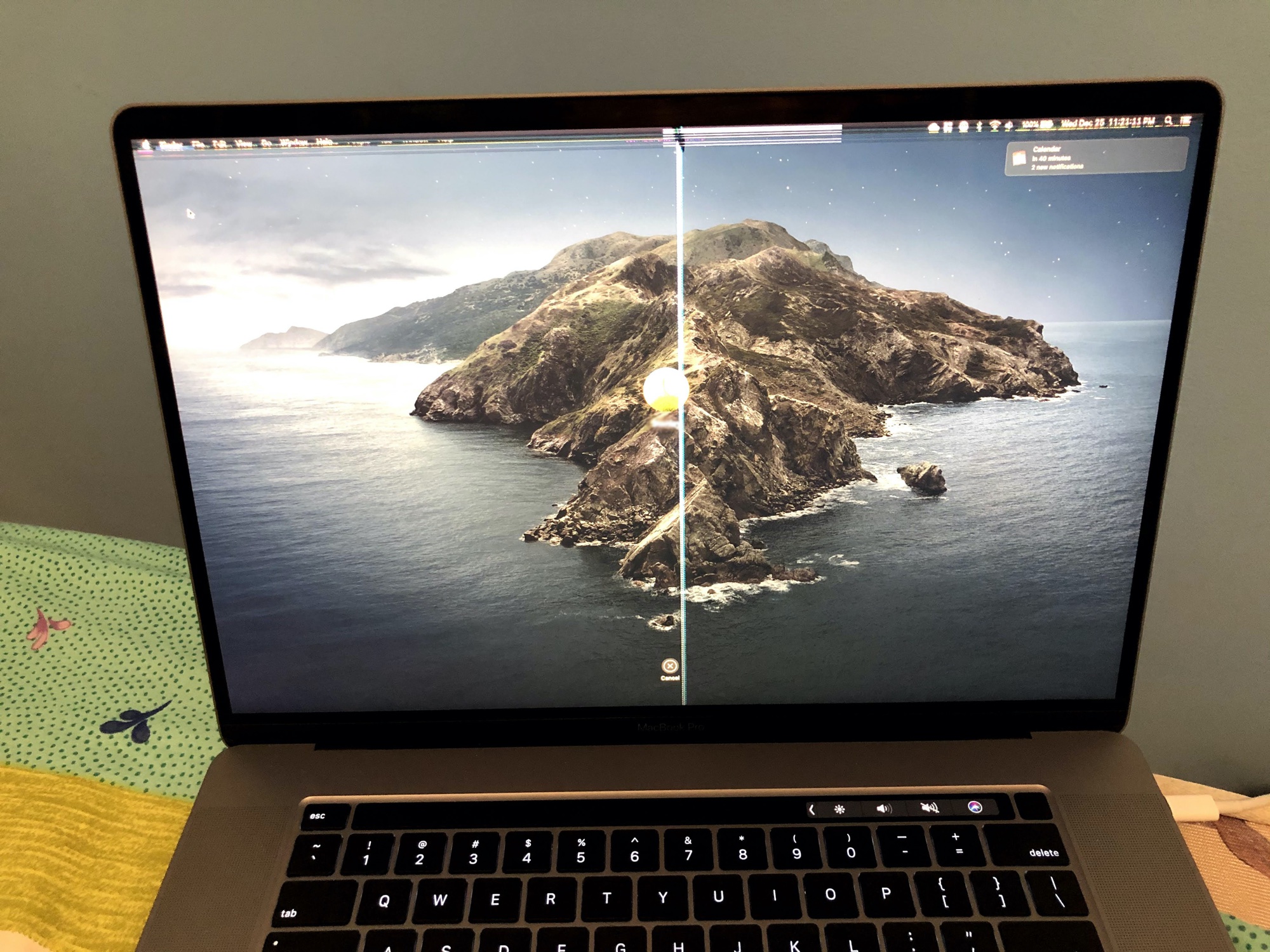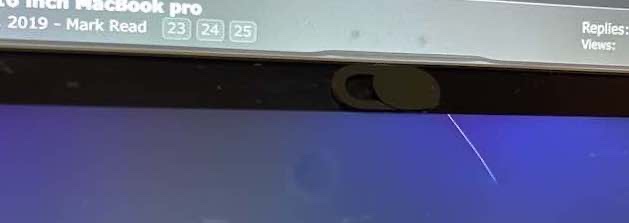Yes, because iPads have cameras on them.
Single shutter clicks aren't going to light that LED long enough for you to see it.
Then I'm consistent. And yes, the mics are a big danger.
Its literally not known to have been hacked. Thats not the same as it never happening. There's a certain infosec company in the middle east that has accomplished some unbelievable things against Apple's amazing security. I think it'd be a safe bet to say they got right on this little challenge.
Yep. The Librem phone, for example, makes hardware camera and mic switches a selling point. And people are buying the phone, despite it being a couple years behind, technology-wise. I'd say Apple could grab some market share by doing it as well. Of course, China will not be happy.
I'm sure you don't have drapes and/or blinds in your home then.
I saw many posts in this same train of thought: my life is boring, I have nothing to hide, if they want to watch go right ahead and waste your time. I just picked these two as representative posts, and I'm certainly not calling you two guys out over anyone else.
People with this mindset look at the most shallow situations here. You're right, "they" simply don't care about you picking your noses or playing with yourselves. They don't care if you've shaved, if you're doing your work-from-home in your sweaty bunny suit, or if you're smoking a big fat blunt while your at your keyboard. But, I just want you to consider something...
It was just twenty years ago that zombie botnets became a thing. Background processes on peoples' computers were hijacked, bots were installed in root, and distributed attacks from compromised machines became commonplace while the machine owners were none the wiser. Banks were hacked, utilities were disrupted, pranks were played. Money was also wasted, as well as taken.
Now, I'm pretty sure of two things :
1). Most if not all of the affected people had absolutely no intention of participating in criminal activity, and
2). Criminal activity did occur, to the tune of billions of dollars over time.
Those same criminal types who had no trouble gaining access to private citizens' computers to plant bots, and able to generate billions of dollars in damage as well as profit in theft - what could those kind of people do with access to a camera? Plenty of still frames of peoples' faces taken over days, weeks, months, in various lighting situations. The mics? Sample those voices under a wide range of circumstances, stresses, and seasons. Put it together with criminal intent and what do you get?
The word "deepfake" comes to mind.
Do you think ransomware is bad? Thats just a bank account being held, or a business site blocked. See how it goes when your very life is held for ransom. Most people who don't care about those cameras and mics also glibly post all the details of their daily lives on social media feeds. What would prevent someone from doing a perfect deepfake of you - voice as well as face - committing a crime, along with an incredible amount of evidence that dovetails into your media posts. A malicious party could wield such a fake to take you for everything you own with no fear of retribution. Or they could simply frame you for their crimes by adjusting the evidence to fit your life and placing you deep in the middle of those criminal activities.
This doesn't even hold a candle to the potential harm that could arise from our government adopting a social credit score like China has in place, and the deep fake being used as one tool to administer it. If you think it won't happen here, sorry to tell you it already has started in the private sector. VISA has begun blacklisting people who hold outspoken conservative views as of June of this year. How long until the government does it?
So when people say to me "what do you have to hide?" I say, "My life".
Whats even more amazing is how many people have become aware of the dangers these technologies represent, and are actually taking action instead of just saying "oh well, green light isn't on, I'm safe".
I have to wonder - does Apple make a separate version of the MBP for the Chinese market, to satisfy the CCCP requirements for total intrusiveness? Or do they just have that ol' T2 switch disabled on Chinese market laptops?
So you think. Wait and see.





